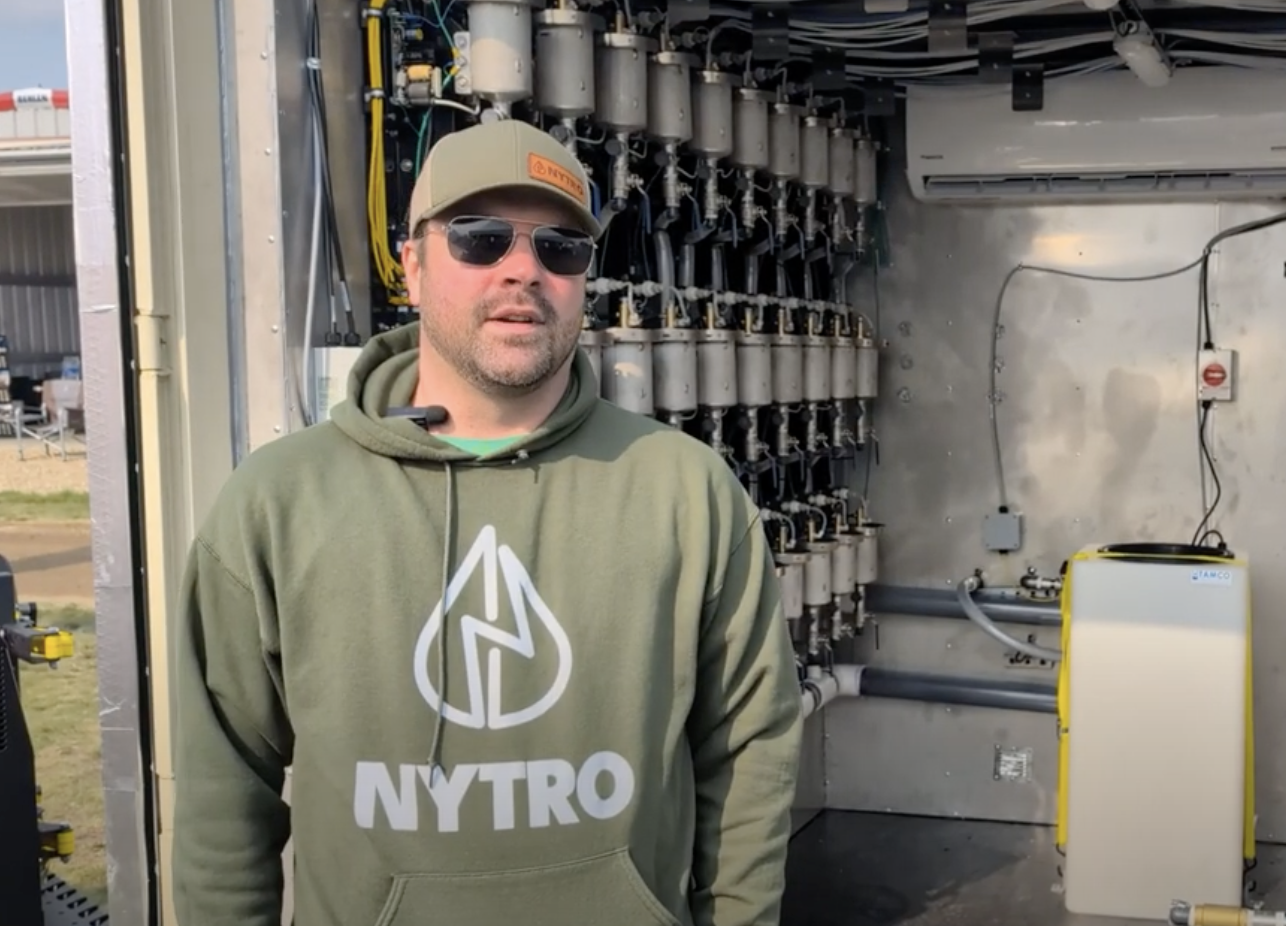New Holland has informed the U.S. National Biodiesel Board it fully approves use of up to B20 blends (20 percent biodiesel/80 percent petroleum-based fuel) on all equipment produced with NH engines.
“We are proud to once again take a leading role in giving support to the biodiesel industry as it rapidly moves toward fulfilling its fundamental role in the future of energy use,” said Dennis Recker, vice-president of NH agriculture.
The biodiesel board’s head, Joe Jobe, said the board has been trying for years to convince a major equipment manufacturer to support the project.
Read Also

VIDEO: Green Lightning and Nytro Ag win sustainability innovation award
Nytro Ag Corp and Green Lightning recieved an innovation award at Ag in Motion 2025 for the Green Lightning Nitrogen Machine, which converts atmospheric nitrogen into a plant-usable form.
“New Holland is the first to specifically say they approve the use of B20 in their New Holland engines,” Jobe said.
“This powerful stand for renewable energy is helping lead us toward a safer, less dependent nation.”
Added Darryl Brinkmann, an Illinois soybean farmer who is chair of the biodiesel board: “This move by New Holland represents a strong show of support for the soybean farmers who stepped up to the plate years ago to begin the biodiesel program.”
Biodiesel is a renewable fuel produced from oilseed crops, primarily soybeans in the United States and canola in Canada, and animal fats. It can be blended with conventional diesel.
Biodiesel must meet the industry standard for fuel quality of ASTM D6751 to ensure optimum performance and durability of an engine. The biodiesel industry has also instituted a voluntary fuel quality program called BQ-9000.
The necessary technical advice and specific maintenance programs are available through New Holland’s dealer network to ensure the biodiesel is handled properly and critical areas such as fuel hoses and injectors receive further inspection, so customers can confidently work with biodiesel.
In the United States, the biodiesel board credits the 2005 federal biodiesel tax incentive and state pro-biodiesel legislation for the dramatic growth in the industry. The federal incentive is an excise tax credit that lowers the cost of biodiesel to consumers and is expected to continue to significantly increase biodiesel demand.
Biodiesel consumption will increase to at least 150 million gallons in 2006, but depending on a number of other factors including crude oil prices, the industry projects that demand could be much higher during the next decade.
“As the availability of fossil fuels becomes a greater problem, we need to look at alternatives,” Recker said.
“But they must also be cleaner, environmentally friendly alternatives. Biodiesel is the future.”
















